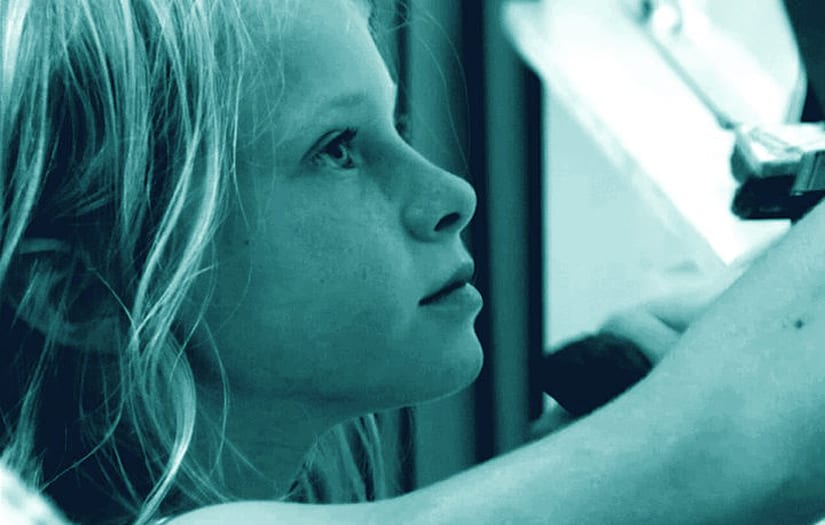Connection and Access at IFP’s Documentary Labs
by Amanda Wilder on May 24, 2013 in Uncategorized
Last Friday evening I was walking with Chantel Elassaad, IFP’s Development and Programming Coordinator, after the first energizing and exhausting week of IFP’s Documentary Labs. Approaching the Elephant, my film about a group of children at a free school where rules are created democratically and classes are voluntary, was one of ten documentaries selected for this year’s Labs. We stopped at a corner, waiting for a light to turn, and I said something to Chantel I’ve been mulling over since: “I haven’t felt this connected to my project since I was shooting it.”
Throughout the first week of IFP Labs and now in the week after I have had these déjà-vu sparks, this exciting connection to what I am making that brings me right back to how I felt during production. I think I’ve figured out where this familiar feeling comes from. It has to do with connection and access.
When discussing the making of documentaries, filmmakers always talk about access as gold. When you have a connection with your subjects (mutual trust, understanding, even friendship) and are granted entrance into a world, well, anything and everything is possible. Yes, connection and access are the keys to everything in documentary filmmaking. No matter what your story is ‘about,’ it’s really about people, and getting as close to them as possible (and even when it’s NOT about people, but about dust or beetles or silence, it’s about a relationship, the filmmaker’s relationship, with dust, beetles, or silence – these relationships too need to be fully realized and felt). People find enlightenment and meaning through relationships and entrances into familiar and unknown worlds, and that’s what documentary filmmakers attempt to provide.
After the first week of IFP’s Labs I have realized that for filmmakers making their first films the importance of connection and access do not end with production. As I sat in the 92Y Tribeca’s theater scribbling notes while listening to professionals, one after the other, talk about editing, sound design, outreach, distribution, sales and rights, transmedia, and more, I kept thinking, this is access. IFP provided this access by connecting ten filmmaking teams to essential information needed to make their projects the best they can be. To me, this feels as much a gift as someone opening their door and allowing you to film their life.
And so, I would encourage anyone who is making their first documentary film or even their first couple to think about connection and access in two stages: the first is with your subjects during production and the second is with experienced people, other filmmakers and professionals in the industry, who can navigate you through the wild world of post-production and beyond. How else will you figure out what Fair Use actually covers? What percentage of your budget should be put towards marketing and distribution? (A lot of it.) How to decide who your niche and core audiences are (what those words even mean)? Deliverables? Eh? There is a long distance between your footage and your audience; those individuals who can provide access to information you need during post and beyond are invaluable to creating that bridge. So seek them out!

